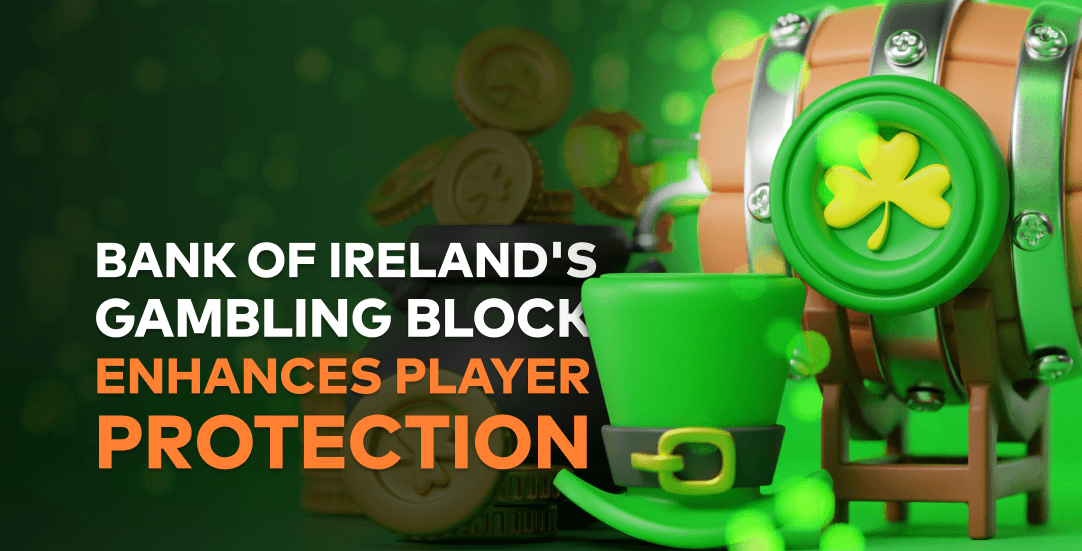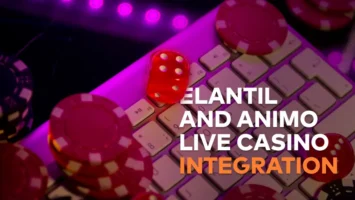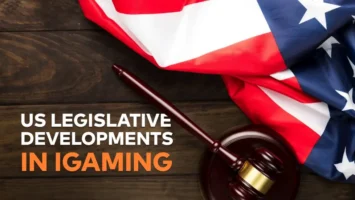Bank of Ireland gambling block feature reshapes player protection

In May 2025, the Bank of Ireland gambling block feature made a significant entry into the landscape of responsible gambling in Ireland. With consumer behaviors, financial wellbeing, and regulation all in the spotlight, this progressive move demonstrates how the banking sector can assume a proactive role in addressing gambling-related harm. But what does this mean for individuals, institutions, and the ever-evolving iGaming industry?
Breaking down the gambling block initiative
The Bank of Ireland’s introduction of a voluntary gambling block reflects more than just functional technology—it signals a change in industry norms. Debit card users can now restrict transactions with gambling operators, spanning everything from online casinos to lottery websites. Notably, the bank plans to expand this service to credit cards, reinforcing its commitment to consumer protection. Crucially, this tool isn’t limited to personal banking; it extends to business accounts as well.
The broader context is clear: The Gambling Regulatory Authority of Ireland (GRAI) has been pivotal in urging banks to introduce such features, aiming to cultivate an ecosystem of financial self-exclusion and responsible gaming. The addition of Bank of Ireland to a roster already occupied by AIB, EBS, and Revolut underscores industry-wide momentum.
Youth gambling trends and the digital shift
Recent data reveals that while overall gambling spend dipped by 2% year-on-year in Q1 2025, online gambling among 18–25-year-olds surged by 19%. This youth-driven growth—and the fact that 90% of all gambling transactions now occur online, with 99% funded by debit cards—makes digital financial controls like blocking features particularly salient.
In essence, traditional methods of intervention are no longer sufficient. As gambling habits move online, the tools to manage risk must migrate too. This is why the arrival of transaction-blocking tools is timely and increasingly vital.
Industry and regulator perspectives
This initiative is not a siloed effort. The GRAI, established only in March 2025, has already set its sights on systemic methods to reduce gambling-related harm. The push for uniformity—through banking blocks, industry-wide self-exclusion registers, and advertising controls—is rapidly gaining traction.
Áine McCleary, Chief Customer Officer at Bank of Ireland, emphasized the significance of such steps: “This initiative we are launching is designed to help customers take positive steps to improve control over their finances. It also furthers Bank of Ireland’s ambition to improve the financial wellbeing of our customers and communities, especially those going through difficult times.”
Oisín McConville from GamblingCare.ie echoed these sentiments, noting that as youth betting rises, wider support is required—making bank-led interventions an essential pillar in harm reduction strategies.
The National Gambling Exclusion Register: A new regulatory foundation
Central to the GRAI’s updated playbook is the creation of a National Gambling Exclusion Register, aimed at integrating all licensed operators under a single, regulator-administered self-exclusion system. The plan involves several concrete steps:
- unifying self-exclusion under regulatory oversight to avoid disparate or ineffective protections,
- making integration with the register a standard licensing requirement for online operators,
- combining this with technical infrastructure and guidance for operator compliance.
This central registry marks a leap forward from the fragmented self-exclusion offerings of individual companies. By leveraging regulatory authority and industry cooperation, Ireland is working to deliver a more consistent and accessible lifeline to those who need it most.
Evolving regulation and industry adaptation
This concerted approach is emblematic of a broader transformation within Ireland’s gambling enforcement culture. Gone are the days of piecemeal intervention or outdated legislation; in their place, a coordinated and contemporary system is emerging. The expansion of transaction-blocking tools—and soon, a unified exclusion register—illustrates a commitment not just to ticking regulatory boxes, but to actively supporting vulnerable consumers.
For operators, this means adapting to new technical, compliance, and customer care expectations. Licensed firms must now integrate exclusion tools as a licensing condition, with further guidance from the regulator expected. The expectation is clear: operators are no longer passive stakeholders. They are now active custodians of user safety and wellbeing.
Cultural, social, and market implications
The significance of the Bank of Ireland gambling block feature extends far beyond the mechanics of payments. It represents:
- a cultural recognition of the risks associated with online and youth gambling,
- a technological response to ensure practical, real-world solutions,
- a social commitment to prioritizing financial wellbeing and mental health.
In the digital gambling economy, self-exclusion and control tools are no longer “nice-to-have”—they are essential. For many, the ability to pause gambling activities directly through their bank is an empowering lifeline.
What comes next for Ireland’s iGaming sector
Looking ahead, Ireland’s model is likely to influence the wider European regulatory discourse. By foregrounding consumer protection and harmonizing efforts across banks, operators, and regulators, the nation positions itself at the vanguard of responsible iGaming. Further adoption of banking blocks, centralized self-exclusion, and tighter ad standards appears likely—especially as insights into youth gambling and digital behaviors continue to unfold.
The Bank of Ireland gambling block feature is not the culmination of regulatory progress; rather, it’s a pivotal milestone on a longer journey. As technology evolves and societal expectations rise, the onus will remain on all players—from financial institutions to gaming firms—to collaborate and innovate. In doing so, they can not only safeguard vulnerable individuals, but also help shape an iGaming sector that balances entertainment, personal agency, and genuine social responsibility.
For now, the move from the Bank of Ireland provides hope and a renewed sense of possibility, setting a standard for others to follow—one that is rooted in empathy, accountability, and sustainable digital growth.




















